Blog
Long’uro: one elephant’s story of immense resilience
Read moreHow to get a job in wildlife conservation or animal welfare in 2025
Interested in building a career in wildlife conservation and/or animal welfare? With so many options to explore and organisations to choose from, it can be hard to know where to start.
Here at IFAW, we support wildlife conservation and rescue around the world. We work to protect habitats, rescue animals in need, combat wildlife crime, and drive impactful policy change.
We’ve spent decades fighting for animals and their habitats. In this article, we answer the questions we hear most often from budding conservationists in 2025. We also share some expert advice from the IFAW team.
Wildlife conservationists are people who work to understand animals, plants, ecosystems, and global biodiversity. They focus specifically on the relationship between animals and people.
Conservationists use their knowledge to propose solutions for issues that affect wild animals, including human-wildlife conflict, poaching, habitat loss, and habitat fragmentation.
A wildlife conservationist studies how human expansion and activities impact ecosystems. They then help implement solutions to protect these wild landscapes and marine areas.
As a wildlife conservationist, you might perform and participate in lab research, field work, advocacy and policy work, community engagement, and more.
If you like working outdoors, love animals, and have a passion for protecting the planet and combatting climate change, pursuing a career in wildlife conservation might be for you.
Wildlife conservationists can work at a variety of organisations. Some are employed by national parks, conservancies, aquariums, zoos, primary and secondary schools, governments, universities, lobbyist groups, or research groups. Others work for nongovernmental organisations (NGOs) like IFAW.
There are several different roles available in wildlife conservation. Here is a list of some different jobs related to wildlife conservation:
Wildlife conservationists need to have good critical thinking along with analytical, decision-making, research, and public speaking skills. They are also passionate individuals who care deeply about animals, people, and the planet. They have optimism in the face of environmental degradation, biodiversity loss, and climate change and believe in a better future for animals and nature.
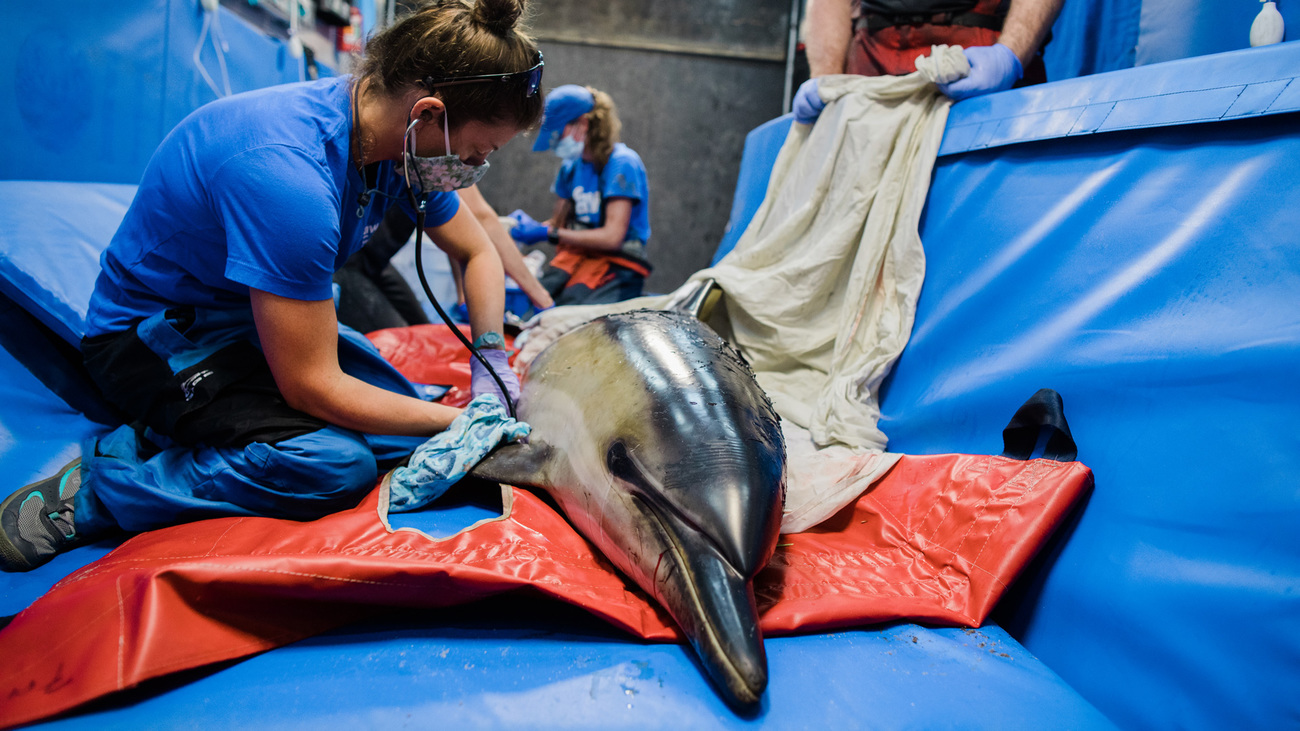
Study, experience, and an understanding of what your chosen career entails are key to start a career in wildlife conservation. Here are some steps you can take.
Volunteering in your spare time is a great way to get involved in a new field and witness firsthand what a lot of different jobs entail, which can give you a better idea of what you’d want to pursue.
If you think you may want to be a veterinarian or work in wildlife rehabilitation, explore opportunities to volunteer at a local veterinary office or wildlife centre.
If you love to work outdoors and are interested in doing field research, look for volunteer opportunities with a local conservancy.
Any volunteer experience that you gain is beneficial and will help you not only build your resume or CV but also gain important skills.
Wildlife conservationists often gain the necessary education for their career by completing an undergraduate degree in environmental science, zoology, biology, or a related field. In 2025, you can even pursue degrees dedicated entirely to wildlife conservation.
While it’s not required for many jobs, some wildlife conservationists also earn a master’s and/or doctorate degree, specialising in fields like conservation biology, plant biology, ecology, or marine conservation.
Expand your professional network by reaching out to professionals in the field to talk to them about their careers. Connect with individuals who work in wildlife conservation and ask them if they’d be willing to share their wisdom and experiences.
You might like to ask them:
Not only will this give you a connection in the field, but it will also help prepare you for job applications and interviews, as you’ll have a better idea of what to look for and what to expect.
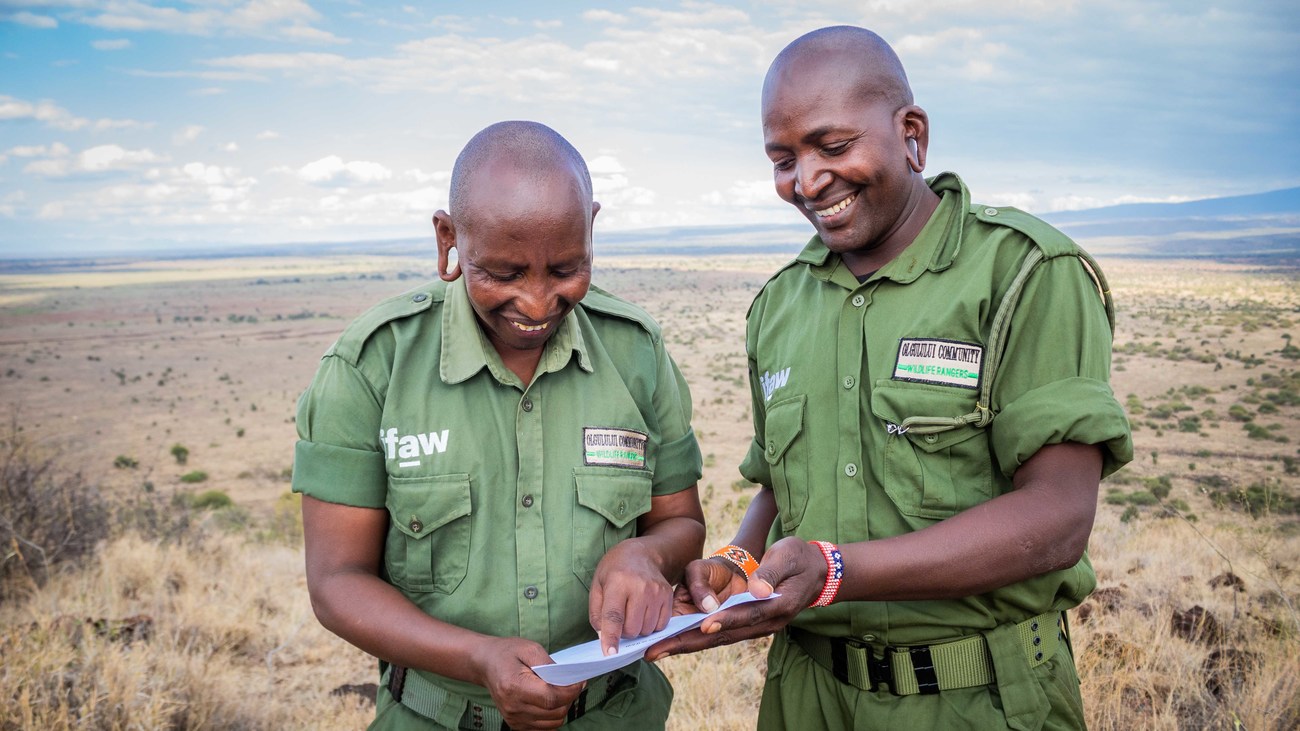
It isn’t just scientists who can work in conservation. You can study an array of both science and art degrees and still play a role in wildlife conservation and animal welfare.
If you aspire to work directly with animals—whether through field research or veterinary care—you’ll want to major in a scientific field that will prepare you with the appropriate knowledge and skills. This includes majors like zoology, biology, animal sciences, ecology, environmental science, or forestry.
Alternatively, if your background is in accounting, keep an eye out for openings in the finance or legal department of an NGO that inspires you.
But if you’re interested in starting a career that supports animal causes and you don’t have a science degree, don’t worry! You can contribute to conservation and animal welfare with any skill set.
For example, if you studied foreign languages, your fluency skills could help you get a role in government relations or environmental policy.
If you are experienced in photography or filmmaking, you could join a communications department at a nongovernmental organisation (NGO)—or become a contractor, capturing content for different organisations.
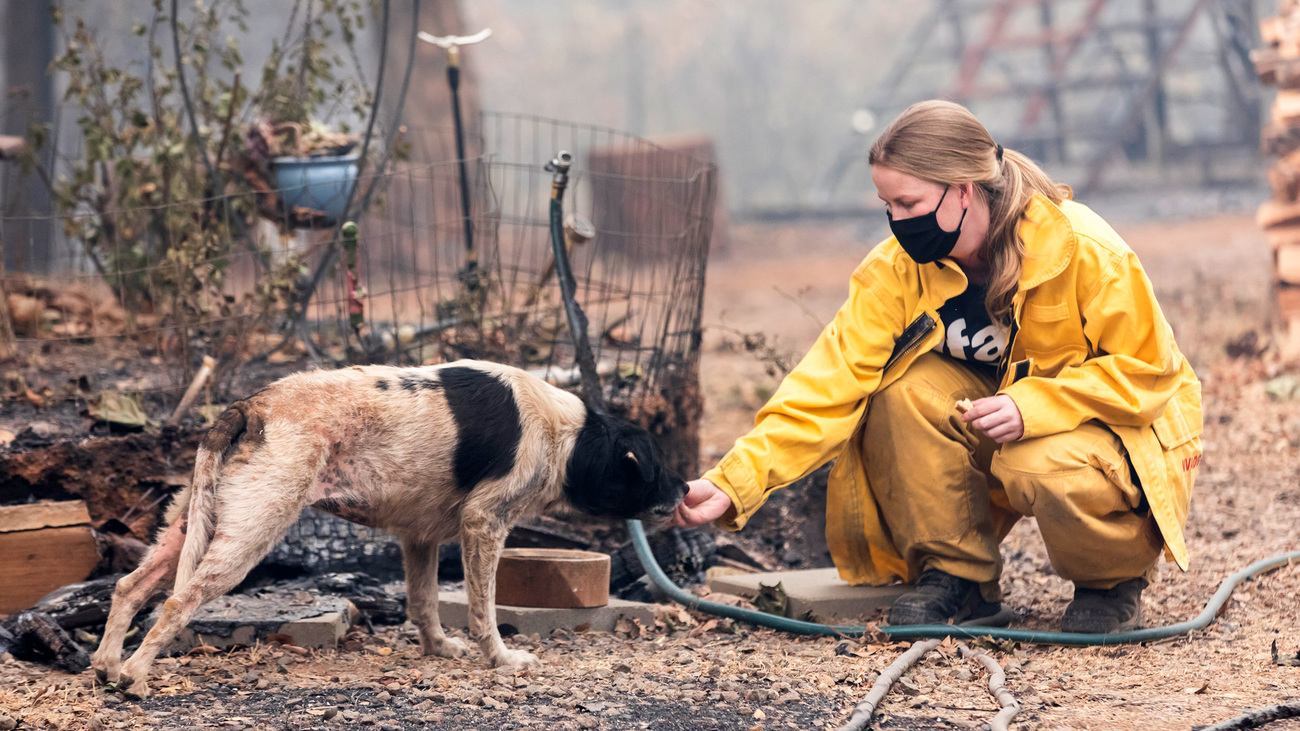
Becoming a wildlife rehabilitator or rescuer requires a strong understanding of animal biology. In most cases, to get a job like this, you need a degree in the field of biology, animal husbandry, or ecology.
But a degree isn’t the only thing that matters—experience is just as important. Volunteering is a great way to get this hands-on experience with animals and start building a career in this field.
If you’re a university student interested in working with animals in your future career, internships are the best way to gain the experience you need.
Not only will you develop a unique set of skills, but you’ll also gain a better understanding of what it’s really like to work in this sector. Another bonus is that the things you liked—and didn’t like—about your internship will help you navigate your future career possibilities.
Everyone has a different story about how they got to where they are today in their conservation career. Here is what a few members of IFAW’s team had to say about their career journeys.
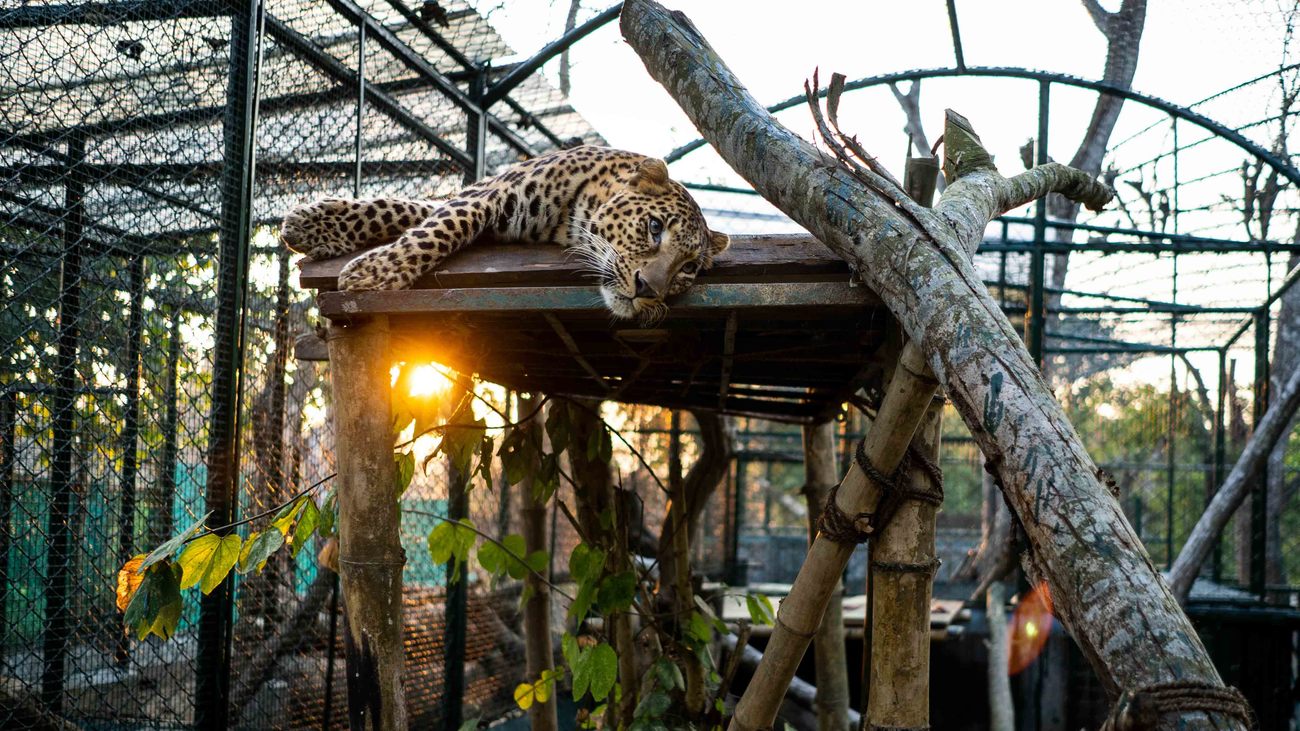
‘My path to this job was not linear at all. After I graduated from college with a double major in Political Science and International Studies, I took an internship at INTERPOL in France. Six months after my internship, I got contracted with its Environmental Crimes Unit and joined the anti-elephant and rhino poaching team. Prior to starting this job, I was unaware of environmental crimes, but became passionate about the subject right away.
‘This led me to pursue a master’s in International Affairs with a focus on International Security and US Diplomacy. After I graduated, I took a job in the private sector, which I really disliked. Thankfully, after a year, I had the tremendous opportunity to do a three-month consultancy with the Organisation for Economic Co-operation and Development (OECD) in Paris, working on a research project that focused on the role of corruption and illegal wildlife trade. It was then that I knew that I could dedicate my life to saving endangered wildlife.
‘Soon after that consultancy, I was hired by IFAW. After all of this zigzagging, I feel extremely lucky to have encountered the opportunity to work in a field that my heart is fully set on.’
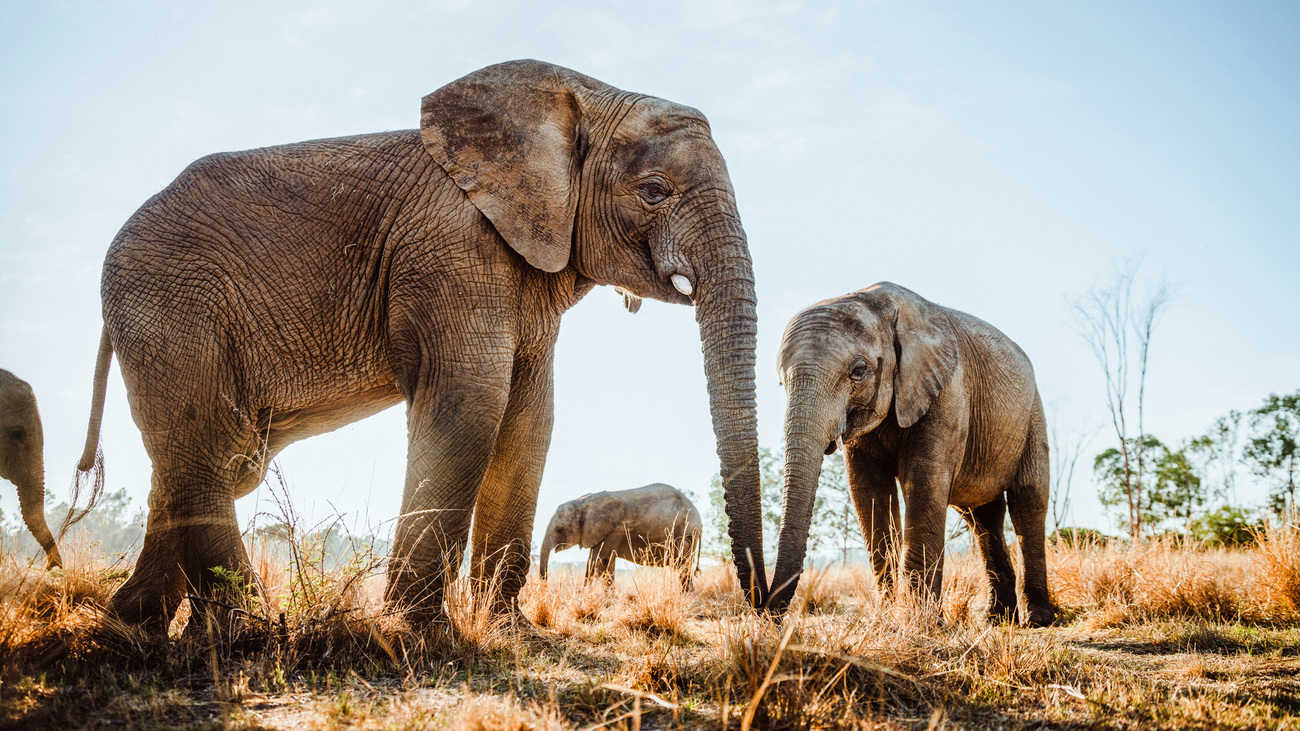
‘I started my career as a writer with The Australian newspaper covering human interest stories that bridge the divide between refugees and host communities in the state of Victoria, Australia. I loved platforming stories that brought to light the determination and resilience of women and girls to escape civil war in Sudan, Somalia, and Ethiopia, overcome cultural barriers, and chart a path to a brighter future in a vastly different country.
‘Organically, this led me to pursue an opportunity with a leading humanitarian aid agency, the Kenya Red Cross, where I developed storytelling narratives that challenged the role of citizens in stepping up to support vulnerable members of our society during humanitarian emergencies, and natural disasters. I also got to plan, design and execute marketing campaigns that illuminated the work of the Red Cross movement in alleviating human suffering and being present when needed.
‘An opportunity to work in conservation later came calling from the African Wildlife Foundation in 2017. I’ve always felt intimately acquainted with the natural world from an early age, and the shift from development to conservation felt like a good move. Here, I got the chance to write both short- and long-form stories that educate and empower people by revealing the most pressing environmental issues, moving audiences to seek a deeper understanding of the world around us—and most importantly, inspiring meaningful action to protect it.
‘Six years later, I landed an exciting role with IFAW, where I currently work with key journalists and internal colleagues to source and produce compelling content that brings to the surface environmental threats facing our world, showcasing how IFAW’s programmatic interventions work to empower communities and other stakeholders to address climate change, human wildlife conflict and changing land use plans in order to drive positive impact for people and planet.’
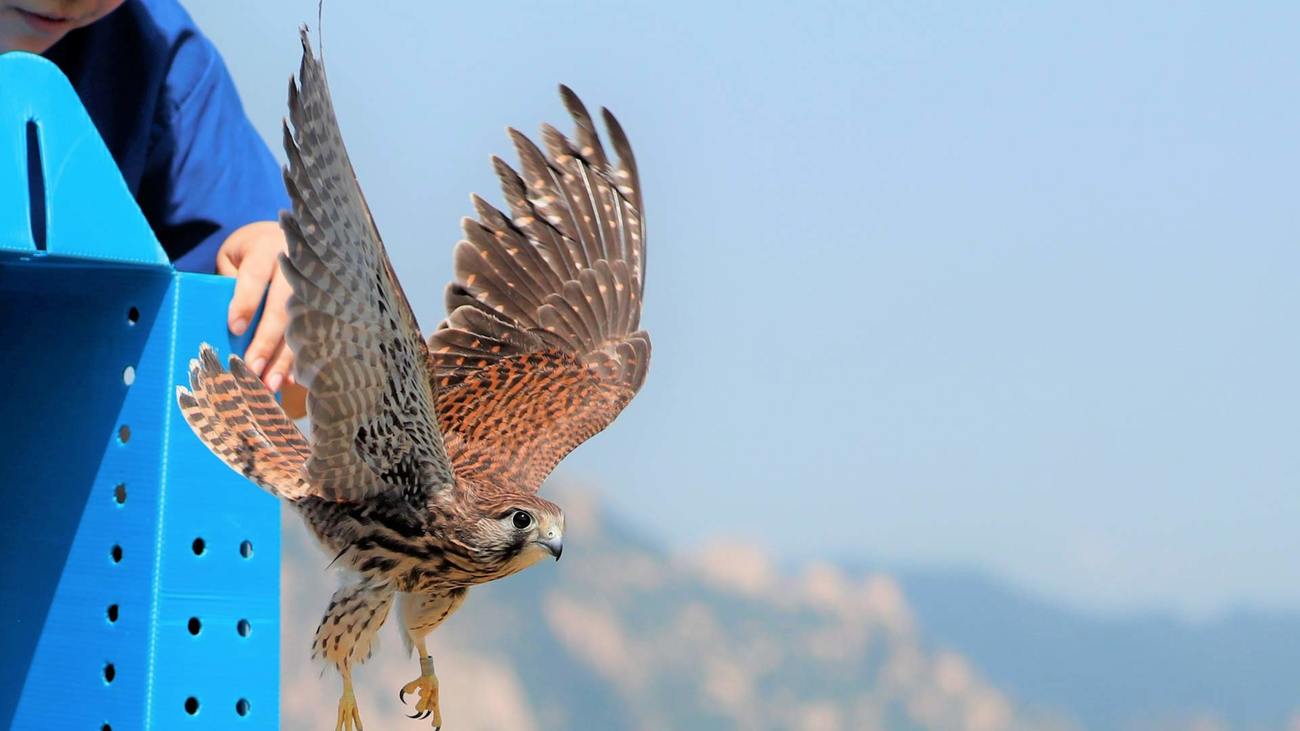
‘I have been interested in animals since I was young. When I work with animals, I can feel the peace and simplicity that comes from their heart and this feeling always makes me fall in love with the animal involuntarily.
‘After graduating from college, a friend of mine found a public education activity at BRRC and invited me to join. I was lucky to become a volunteer at BRRC and a few years later, I was hired as a raptor rehabilitator. Transitioning from a volunteer to a rehabilitator required a lot of hard work and learning from mentors in the field.
‘A word of advice for anyone pursuing a career in animal rehabilitation—it’s important to remember that the ultimate goal is to let wildlife be wildlife. You need to understand the animals’ habits, learn rescue-related skills, reasonably arrange cages and meals, etc. It’s important to stay rational while loving them and remember that they belong in the wild.’
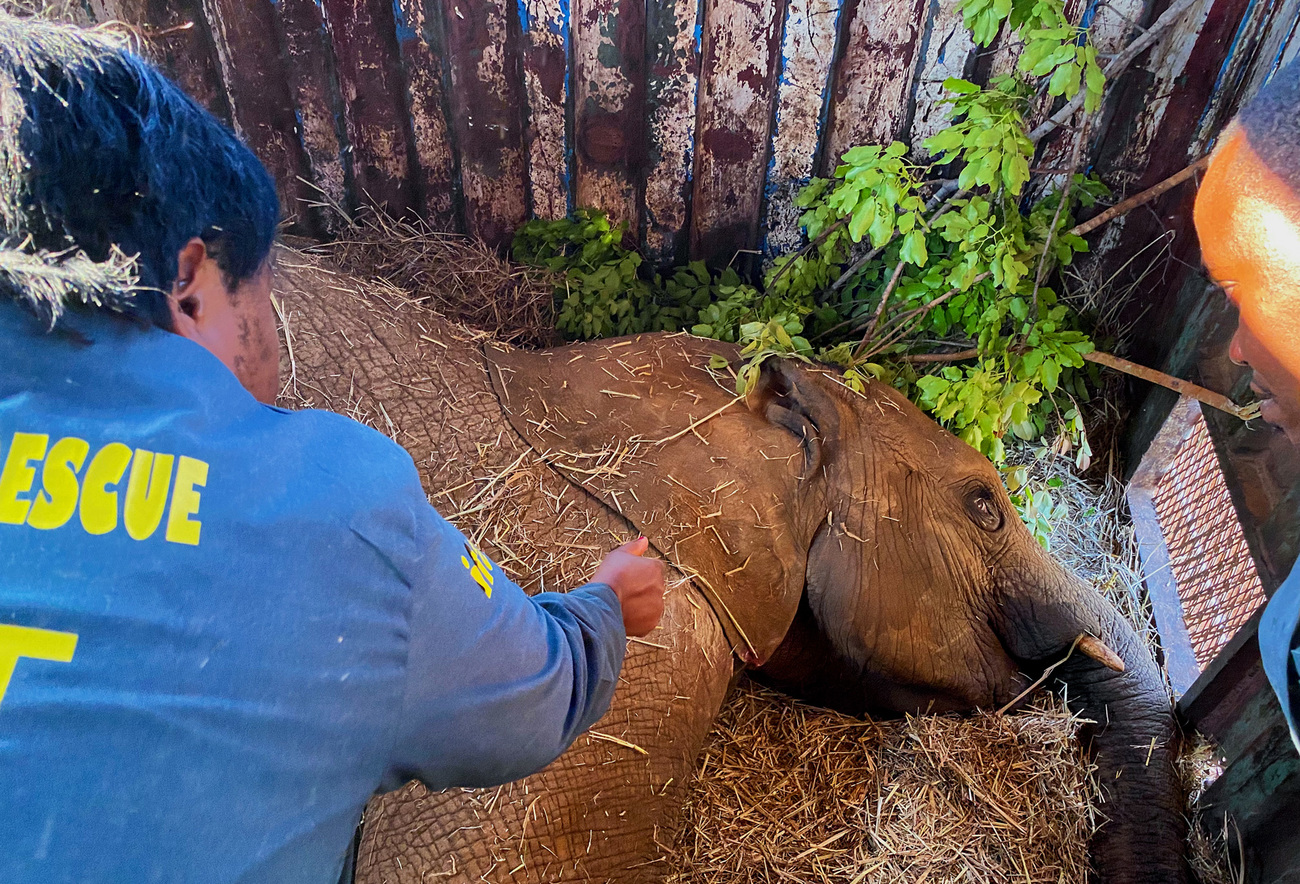
Every problem has a solution, every solution needs support.
The problems we face are urgent, complicated, and resistant to change. Real solutions demand creativity, hard work and involvement from people like you.
Unfortunately, the browser you use is outdated and does not allow you to display the site correctly. Please install any of the modern browsers, for example:
Google Chrome Firefox Safari